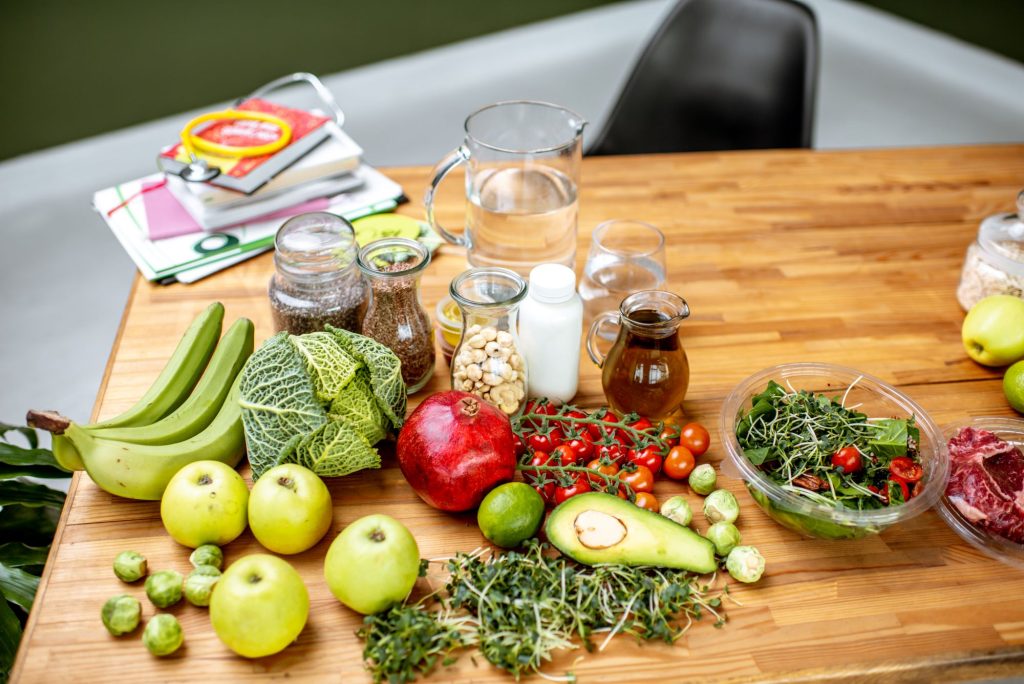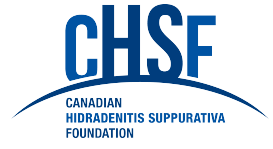Hidradenitis Suppurativa (HS) is a chronic inflammatory skin condition significantly affects an individual’s quality of life. While evidence-based medical treatments are essential for managing HS symptoms, a growing body of research and anecdotal experiences suggest that nutrition and dietary choices are crucial in managing this complex condition.
The Canadian Hidradenitis Suppurativa Foundation is dedicated to improving the lives and well-being of HS patients through raising awareness, promoting education, and offering practical guidance on various aspects of life with HS, including the impact of nutrition on symptom management and treatment of hidradenitis suppurativa.
This article will explore the relationship between nutrition and Hidradenitis Suppurativa, shedding light on various dietary choices that may help alleviate HS symptoms and promote overall well-being. We will delve into the importance of maintaining a balanced and healthful diet, discuss potential trigger foods that individuals with HS may need to avoid, and guide building a nutrition plan designed to mitigate symptoms and boost overall health.
The Importance of a Balanced Diet

1. Nutrients for Healthy Skin
Maintaining a balanced diet is essential for overall health and skin health. Consuming various nutrient-dense foods can provide your body with the necessary vitamins, minerals, and antioxidants to promote healthy skin and reduce inflammation and weight loss. Focus on incorporating a range of fresh fruits, vegetables, whole grains, lean proteins, and healthy fats into your daily meals.
2. Reducing Inflammation
A diet rich in anti-inflammatory foods can particularly benefit individuals with Hidradenitis Suppurativa. Inflammation plays a significant role in the development and progression of symptoms, so incorporating foods with natural anti-inflammatory properties may help to alleviate discomfort and reduce flare-ups. Foods high in omega-3 fatty acids, including fatty fish, nuts, and seeds, as well as fruits, vegetables, and spices containing antioxidants, can help combat inflammation and support overall skin health.
Potential Trigger Foods to Avoid

1. Identifying Personal Triggers
While not everyone with HS will experience the same food sensitivities, it is crucial to be aware of potential trigger foods and pay attention to how your body reacts. Keep a food diary to track your meals and any subsequent flare-ups, allowing you to identify and avoid specific foods that may exacerbate your symptoms.
2. Common Trigger Foods
Certain foods have been identified as common triggers for some individuals with Hidradenitis Suppurativa. These may include dairy products, sugar-laden foods, processed meats, and foods rich in yeast. It is essential to remember that individual reactions to these foods could vary, so maintain a personalized approach and adjust your diet accordingly.
Building a Nutrition Plan for Hidradenitis Suppurativa

1. Consult with a Healthcare Professional
The first step in building a nutrition plan tailored to your Hidradenitis Suppurativa is to consult with a healthcare professional, such as a dietitian or a qualified nutritionist. They can provide valuable guidance and support, helping you make informed decisions based on your individual dietary needs and health concerns.
2. Design a Customized Meal Plan
Using the insights gained from your healthcare provider and your food diary, create a customized meal plan emphasizing nutrient-dense foods rich in anti-inflammatory properties while being mindful of your trigger foods. A well-rounded meal plan should focus on whole, natural ingredients and incorporate various foods to ensure adequate nutrient intake.
Embracing Nutrition as Part of Your HS Management Strategy
Taking control of your diet and embracing a balanced, tailored nutritional plan can significantly impact the management of Hidradenitis Suppurativa symptoms and overall well-being. By focusing on nutrient-dense foods, reducing inflammation, identifying and avoiding trigger foods, and working closely with healthcare providers, you have the power to enhance your quality of life while living with Hidradenitis Suppurativa.
The Canadian Hidradenitis Suppurativa Foundation remains dedicated to providing individuals with HS with the necessary tools, resources, and support to streamline the management of this complex skin condition. Continue to explore the foundation’s resources and stay informed on the latest research, strategies, and guidance for embracing a balanced, healthful approach to life with Hidradenitis Suppurativa.



